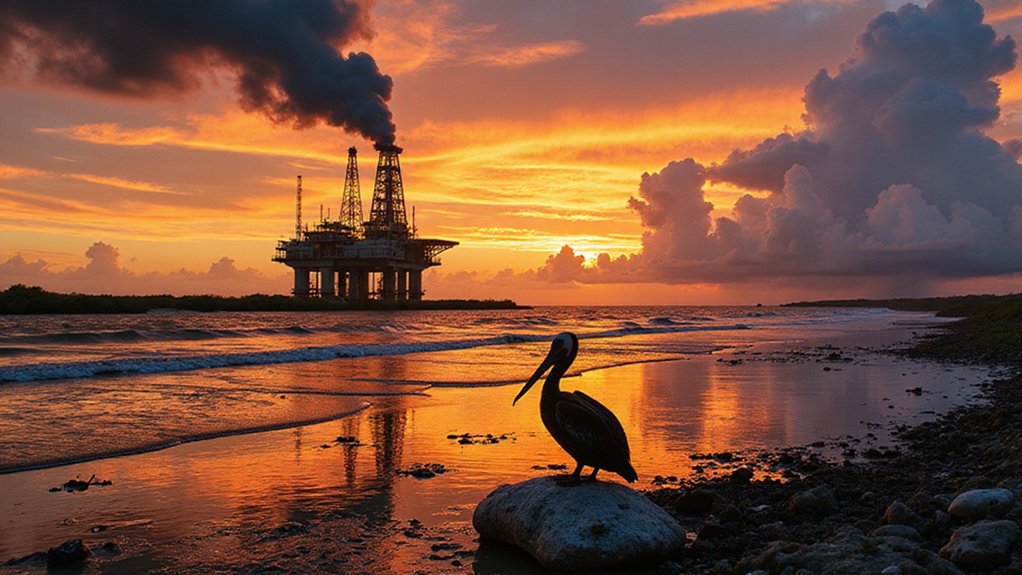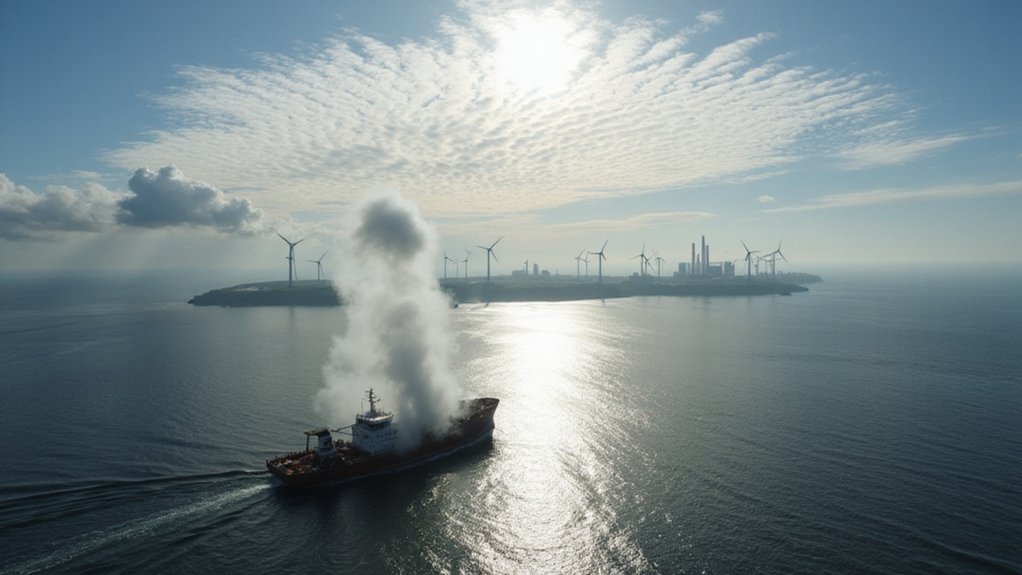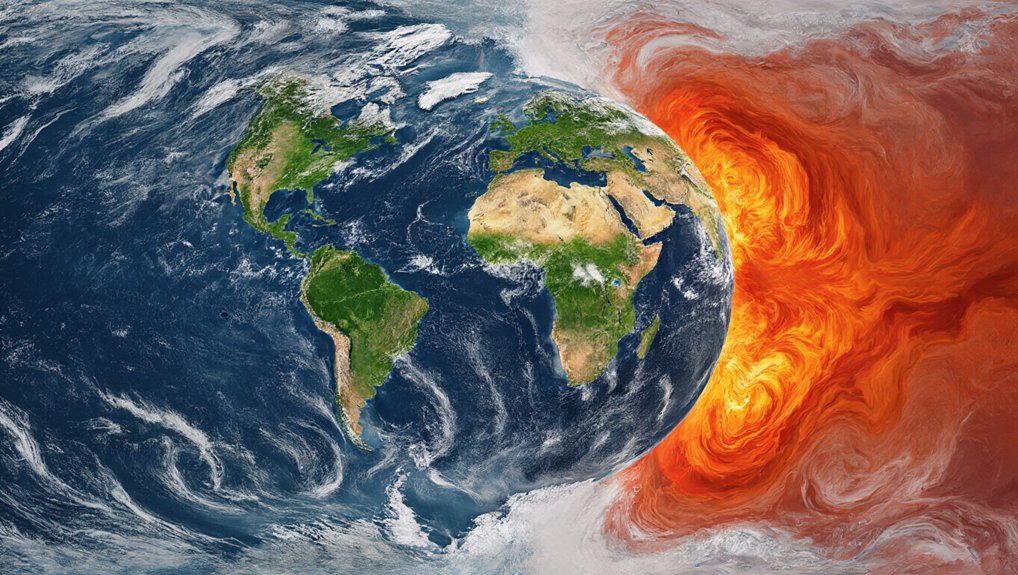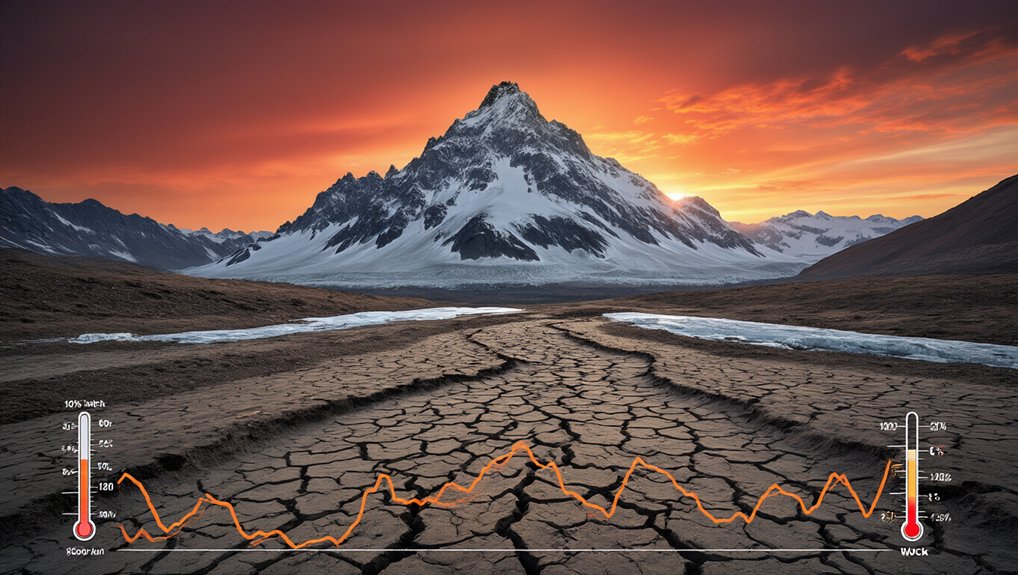The Trump administration’s rollbacks of offshore drilling safety regulations have raised alarms among environmental experts. These changes weakened requirements for blowout preventers and reduced independent inspections—similar issues that contributed to the 2010 Deepwater Horizon disaster. With drilling expansion planned for previously protected areas, Gulf communities face increased risks. The question remains whether these regulatory changes have set the stage for another catastrophic spill that could devastate marine ecosystems and coastal economies.
While the Trump administration promised economic benefits through deregulation, its rollbacks of offshore drilling safety measures have raised serious concerns about environmental protection. The changes target rules created after the 2010 Deepwater Horizon disaster, which killed 11 workers and released 130 million gallons of oil into the Gulf of Mexico.
The administration has weakened several key safety measures. Performance requirements for blowout preventers, the last line of defense against massive spills, have been reduced. The government eliminated the system of independent safety equipment inspectors, allowing oil companies to select their own reviewers.
Testing standards have also changed. Blowout preventers now undergo less frequent and shorter tests with reduced oversight. Real-time monitoring requirements that allowed onshore experts to spot problems have been weakened. Critics say these changes increase risks of equipment failure.
The policy shifts come as the administration has pushed to expand offshore drilling on the Outer Continental Shelf, including previously protected areas along the Gulf Coast. This reflects a broader pattern of removing environmental protections for valuable lands like the Ruby Mountains in Nevada. Environmental groups have responded by filing lawsuits to restore the Obama-era protections.
Data suggests these rollbacks may already have consequences. The rate of oil spills, injuries, and accidents from offshore drilling has begun rising in recent years after initial improvements following Deepwater Horizon.
The economic stakes are enormous. BP paid over $60 billion in penalties after the 2010 disaster. Beyond the financial costs, the environmental toll was devastating – over 100,000 birds and turtles died, along with billions of oysters and trillions of fish. About 350 miles of coastal vegetation was damaged.
Coastal communities suffered severe economic impacts when beaches closed and seafood was contaminated. These rollbacks specifically undermine the SEMS II Rule established in 2013 that had increased employee participation in safety systems and required rigorous third-party audits. The recreational and tourism industries lost an estimated $500 million in earnings.
As regulatory oversight continues to decline, experts warn that removing these protective measures increases the likelihood of another major spill that could again devastate Gulf ecosystems and the communities that depend on them. Environmental organizations including Healthy Gulf have joined forces to challenge these dangerous regulatory rollbacks through litigation.









